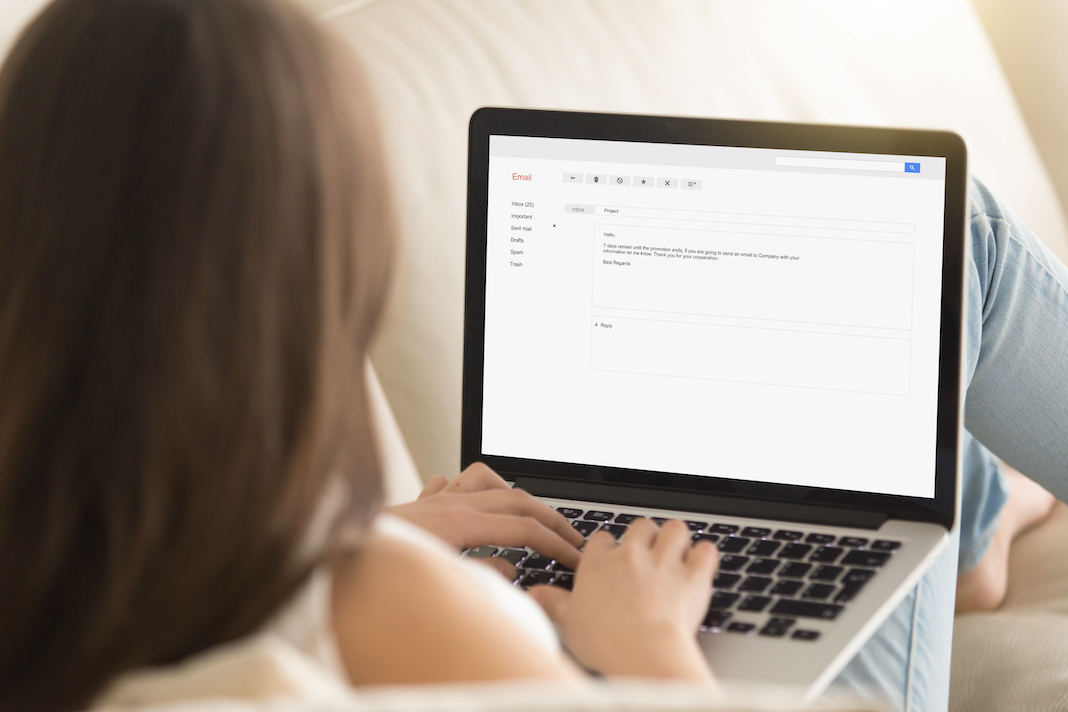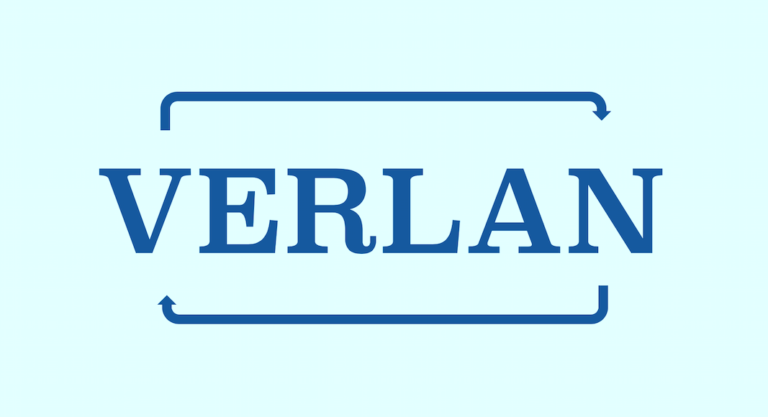There are few things more subtly stress-inducing than writing an email. And if you’re trying to write one in a language that isn’t your own, don’t be surprised if the nerve-racking nature of the challenge leaves you curled up in a ball under your desk, praying for the robot takeover. Because then at least this email could write itself. If you’re struggling to figure out how to end an email in French for a job interview, thank you note, informal email, or formal letter, there are several French email sign-offs that will prevent you from saying “Love” to your boss, or “Warm regards” to your BFF. French people are very particular about language, so using the wrong French email sign-off can make you come off as disrespectful, overly familiar, or stiff.
To make you sound like a native French speaker, here are some of the most common email sign-offs used in France, for business letters and personal letters alike.
23 French Email Sign-Offs
1. Cordialement (semi-formal)
Even though the literal translation, “Cordially,” would be extremely formal in English, this is perhaps the most common sign-off in French emails; it really has an absence of connotation.
Use for: submitting a job application, making HR aware of an official complaint, or asking your professor for a letter of recommendation.
2. Très cordialement (formal)
This is the more formal version of Cordialement. If you feel like covering all your bases you can use this version in pretty much the same way.
3. Bien cordialement (semi-formal)
Like Cordialement, but a bit warmer (say, if you’ve been interacting with the same person multiple times).
Use for: finally getting that freelancer to send you the new website specs.
4. Respectueusement (formal)
“Respectfully.” Can be used the same way as Très cordialement.
5 & 6. Amicalement / Affecteusement (informal)
For acquaintances or older friends, the kind of people you want to keep at an arm’s length, or people you haven’t heard from in a long time. Similar to “warm regards.”
Use for: inviting your neighbors to a block party.
7. Sincères salutations (semi-formal)
For when you don’t know the recipient personally, but have been emailing back and forth for a bit.
Use for: When you’re coordinating things for a project or event with someone in another department.
8 & 9. Bisous / Gros bisous (informal)
Meaning “kisses,” this familiar sign off is used for close friends and family.
Use for: Emailing your mom to tell her you finally submitted your taxes.
10. Je t’embrasse (informal)
This translates more or less to “lots of hugs.”
Use for: a letter to your grandma, uncle, or other extended family member
11. Bises (informal)
The email equivalent of the in-person cheek kiss.
Use for: inviting a second-tier friend out for drinks this weekend.
12. A+ (informal)
The diminutive of A plus tard or “See you later.” Extremely casual.
Use for: after sending an invitation to drinks in the form of a meme.
13. À bientôt (neutral)
“See you soon.” Good for planning emails that will result in some kind of face-to-face encounter.
Use for: a group email discussing a surprise party for your boyfriend.
14 & 15. À demain / À la semaine prochaine (neutral)
See you tomorrow/See you next week. Same as À bientôt, but with a specific date in mind.
Use for: finally nailing down that long-awaited rendezvous with your cousin who’s in town for the weekend.
16. En vous remerciant de l’attention que vous porterez à ma demande. (formal)
“Thank you for bringing your attention to my request.” It doesn’t translate very well into English, but the sentiment is clear: formal, formal, formal.
Use for: emailing the CEO of your company.
17. Veuillez agréer, Madame/Monsieur, l’expression de mes sentiments distingués. (formal)
“Accept, Sir/Madam, the expression of my distinguished feelings.” This one can be mixed and matched, like in the following examples (which all pretty much mean the same thing).
Use for: emailing an authority figure, such as a politician or someone in charge of clearing your visa.
18. Veuillez agréer Madame/Monsieur, l’expression de mes sincères salutations. (formal)
“Please accept, Madam/Sir, the expression of my sincere greetings.”
19. Veuillez recevoir, Monsieur/Madame, mes sentiments respectueux et dévoués. (formal)
“Please accept, Sir/Madam, my respectful and devoted sentiments.”
20. Je vous prie d’agréer, Madame/Monsieur, mes sincères salutations. (formal)
“Please accept, Sir/Madam, my sincere greetings.”
21. Je vous prie d’agréer, Monsieur/Madame, l’expression de mes salutations distinguées. (formal)
“Please accept, Sir/Madam, the expression of my distinguished greetings.”
Use for: corresponding with your corporate lawyer.
22. Avec mes remerciements, je vous prie de trouver ici, Madame/Monsieur, l’expression de mes sentiments distingués. (formal)
This one adds an extra “thank you” at the beginning for some extra respect points.
23. Dans l’attente de votre réponse, je vous prie d’agréer, Monsieur/Madame, mes salutations distinguées. (formal)
If you’re waiting on a response from someone in a formal situation, you can add “waiting for your response” to the beginning of one of these expressions.
Use for: gently prodding your potential employer at a big conservative company to actually look at your resume.
FAQ:
– How do you say warm regards in French in an email?
There is no direct translation of “warm regards” in French, but “Cordialement” is the closest in terms of tone.
– Can I end an email with “Merci” in French?
You can end an email with “Merci,” but it would be more polite to follow that “Merci” with a “Cordialement” or “Sincères salutations.”
—
Catherine Rickman is a writer and professional francophile who has lived in Paris, New York, and Berlin. She is currently somewhere in Brooklyn with a fork in one hand and a pen in the other, and you can follow her adventures on Instagram @catrickman.
Also Read:








